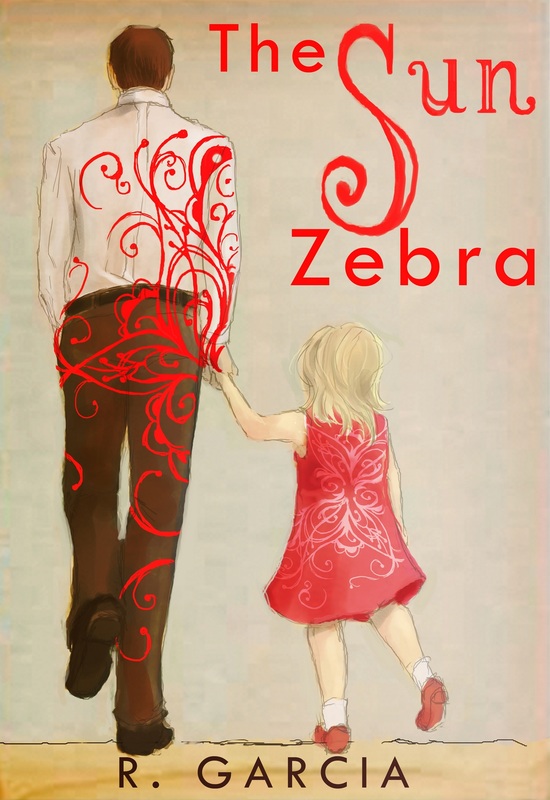|
When you depict sad or unlucky people, and want to touch the reader’s heart, try to be colder—it gives their grief, as it were, a background, against which it stands out in greater relief. As it is, your heroes weep and you sigh. Yes, you must be cold.
0 Comments
“The first law of writing,” said Macaulay, “that law to which all others are subordinate, is this: that the words employed shall be such as to convey to the reader the meaning of the writer.” Toward that end, use familiar words—words that your readers will understand, and not words they will have to look up. No advice is more elementary, and no advice is more difficult to accept. When we feel an impulse to use a marvelously exotic word, let us lie down until the impulse goes away.
For Christ sake write and don't worry what the boys will say nor whether it will be a masterpiece nor what. I write one page of masterpiece to ninety one pages of shit. I try to put the shit in the waste-basket . . . . Forget your personal tragedy. We are all bitched from the start and you especially have to be hurt like hell before you can write seriously.
ERNEST HEMINGWAY in a letter to F. Scott Fitzgerald (1934) It’s a job. It’s not a hobby. You don’t write the way you build a model airplane. You have to sit down and work, to schedule your time and stick to it. Even if it’s just for an hour or so each day, you have to get a babysitter and make the time. If you’re going to make writing succeed you have to approach it as a job.
I would recommend the cultivation of extreme indifference to both praise and blame because praise will lead you to vanity, and blame will lead you to self-pity, and both are bad for writers.
Move to New York City. Get married. Buy an incredibly expensive apartment. Have children, a dog, a second home in the country. Lease an imported luxury automobile. Come the first of the month, I promise, you will have no problem writing.
I worked in the Hallmark public relations department for a man named Conrad Knickerbocker, the public relations manager, who had already begun publishing book reviews and fiction. After I got to know Knick a little, I asked him timidly how you become a writer. . . . He said, “Rhodes, you apply ass to chair.” I call that solid gold advice the Knickerbocker Rule.
Although it is not necessary for a writer to be a prick, neither does it hurt. A writer is an eternal outsider, his nose pressed against whatever window on the other side of which he sees his material. Resentment sharpens his eye, hostility hones his killer instinct.
There is a scene in Stanley Ellin’s first novel, The Winter After This Summer, in which a young guy being tossed out of college stops by to have a last drink with a favorite professor, and the older man says to the kid, “What are you going to do now? What do you want to be?” And the kid thinks about it for a moment and replies, “Well, I don’t want to be a writer.” And the professor toasts him, saying, “That’s good. There are already too many people around who mistake a love of reading for a talent for writing.” And that is my advice to young writers, too. Forget it. Take up plumbing or electrical wiring. The money is vastly better, and the work-hours are more reasonable, and when your toilet overflows, you don’t want Dostoevsky coming to your house.
So when I teach workshops, or lecture to “writers’ groups,” I do my best to discourage as many as possible. This is in no way an attempt to lessen the competition, because I truly, deeply believe that writers are not in competition with each other. What I write, Joyce Carol Oates can’t write; what Ms. Oates writes, Donald Westlake can’t write; and what Kafka did has already been done, all that Hemingway bullshit about “pulling against Chekhov and that all time fast gun heavyweight puncher Tolstoy” notwithstanding. (Hemingway meant, it is now generally accepted, not that one had to go mano-a-mano with any other writer, but that in the words of John Simon—”there is no point in saying less than your predecessors have said.”) In the burning core of what I believe to be true about the art and craft of writing, I know that one cannot discourage a real writer. Like von Kleist, “I write only because I cannot stop.” And that is the way of it for a real writer, not for the fuzzyheaded dreamer or parvenu who thinks it’s an easy way to make fame and fortune. You can break a real writer’s hands, and s/he will tap out the words with nose or toes. Anyone who can be discouraged, should be. They will be happier and more useful to the commonweal as great ballerinas, fine sculptors, sensitive jurists, accomplished historians, imaginative historians. From a technical point of view there are two essential things to solve or create when writing a novel. The first is the invention of the narrator. I think the narrator is the most important character in a novel. In some cases this importance is obvious because the narrator is also a central figure, a central character in the novel. In other cases, the narrator is not a character, not a visible figure, but an invisible person whose creation is even more complicated and difficult than the creation of one of the characters.
|
I am a trader of jacks and a jack of all trades!
Do you like this blog? You can have links to blog posts delivered to your e-mail address. Please click here.
Categories
All
Archives
January 2015
|


 RSS Feed
RSS Feed
